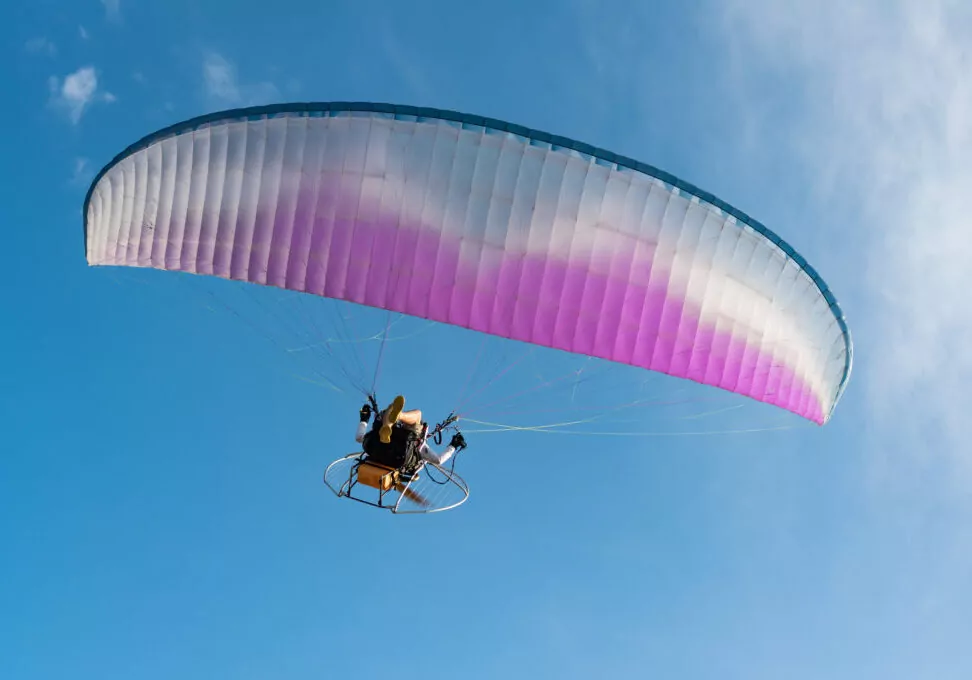If you’re traveling by plane on Labor Day weekend, only time will tell whether airlines will face another round of requests for flight cancellation refunds.
Aside from 2020 when pandemic restrictions ground most flights to a halt, 2022 is on track to easily overtake previous cancellation figures. So far, close to 90,000 flights in the U.S. have been canceled, the second highest number since 2013.
Cancellations add up over long weekends
Air travel woes have been particularly pronounced during long weekends and school holiday breaks. COVID-19 case rates, air traffic control issues, and staffing shortages have all been blamed for the chaos.
- Fourth of July: The busiest air travel weekend of the year made headlines for the high number of flight cancellations. Between Friday and Monday, 1,435 flights or about 1.5% of scheduled domestic flights never got off the ground, according to the flight-tracking website FlightAware.
- Juneteenth and Father’s Day: Travel headaches came in spades during this four-day period as flight cancellations reached 3,300.
- Memorial Day: As spring officially turned to summer, 2,700 flights were canceled.
- Spring Break: Bad weather at spring break destinations resulted in more than 3,000 canceled flights by U.S. airlines in two days.
With travel plans disrupted, customers are asking for flight cancellation refunds. Among the 124,918 air travel-related complaints that the U.S. Department of Transportation reported during an 18-month period starting in January 2020, more than 84% concerned refunds. In contrast, that figure was about 8% before the pandemic.
Flight cancellation refunds are required by federal law
The good news: You’re entitled to a full cash refund. Specifically, the U.S. Department of Transportation (DOT) says the reason for the flight cancellation does not matter; you have the right to receive a full refund back to your original form of payment for the unused portion of your itinerary. Federal regulations state refunds should be made “promptly,” which means within seven business days if you paid with a credit card, and within 20 days if you paid by cash or check.
As travelers expressed their frustration with slow processing, Delta replied it makes “every effort” to process refunds within seven days but cautioned the volume of refunds is now so high it can take up to 30 days, in addition to another two billing cycles for tickets purchased with a credit or debit card.
Here’s what Transportation Secretary Pete Buttigieg tweeted after he claimed a $112 refund for a canceled connection flight over the July Fourth weekend:
“Sometimes an airline will offer you points or miles as compensation, but you are entitled to a cash refund when your flight is canceled. When deciding whether to accept miles, it’s helpful to know their value, which varies, but often is estimated at 1 to 1.5 cents per mile.
For example, my connecting flight got canceled last night. At first, the airline offered 2500 miles, which I estimate is worth about 30 bucks. But I claimed the refund for the canceled portion instead, and it worked out to be $112.07. Airlines offer miles as compensation for some travel issues, and you can often negotiate on this. That’s between you and the airline.”
New bill takes aim at slow refunds
But experts like Brian Kelly, the founder and chief executive of The Points Guy, a site for hands-on travel advice, caution that although travelers have the rights to refunds, airlines are not just going to hand it over. During the pandemic, United Airlines, for instance, updated its refund policy, requiring customers to wait for a full year, while Swiss Air removed most references to refunds from its website.
“Airlines are going to great lengths to avoid giving refunds,” Kelly writes. “They recognize that they’d be out a lot of cash, so they’re doing all that they can to convince you to take a voucher or future travel credit instead.”
This may all change soon. In early August, representatives from both chambers of Congress introduced a bill called the “Cash Refunds for Flight Cancellation Act.” In addition to offering flight credits or a voucher, airlines would be mandated to offer a cash refund within 30 days of a flight being canceled.
No request — no refund
Unless the new bill passes and changes refund dynamics, the old rule still applies — you will not receive a refund unless you request it. What can you do to get your money back? Advice from travel experts include, for instance:
- File a refund request: First of all, if the airline makes a refund request form available on its website, you can decide to take that route. But you may need to call and speak directly to a customer service representative to set the process in motion.
- Dispute the credit card charge: If the request goes nowhere, you can dispute the credit card charge since the carrier is in violation of DOT rules.
- Report to DOT: The statistics cited above show tens of thousands of travelers resort to filing complaints with the DOT.
- Seek legal help: When you do not receive the money that you’re entitled to, hiring an experienced attorney can help bring your case to a successful close.
Planning ahead
There are also steps you can take to protect yourself as you plan your trip. A flight booked with frequent flier miles works almost like a refundable ticket, The Washington Post reports; most airline frequent-flier programs will refund your points and tickets for free. Certain credit cards also offer extra travel protections, while a flexible fare ticket may allow you to change your date and destination for free.
Have you seen the Misery Map?
As scheduled flights keep being canceled so do the requests for flight cancellation refunds. The Misery Map by FlightAware provides an interactive look at the situation of the biggest airports across the United States. What will the numbers show on Labor Day weekend?
Do you have questions for us? The experienced lawyers at Penney & Associates are here to help. Contact us today for more information.



